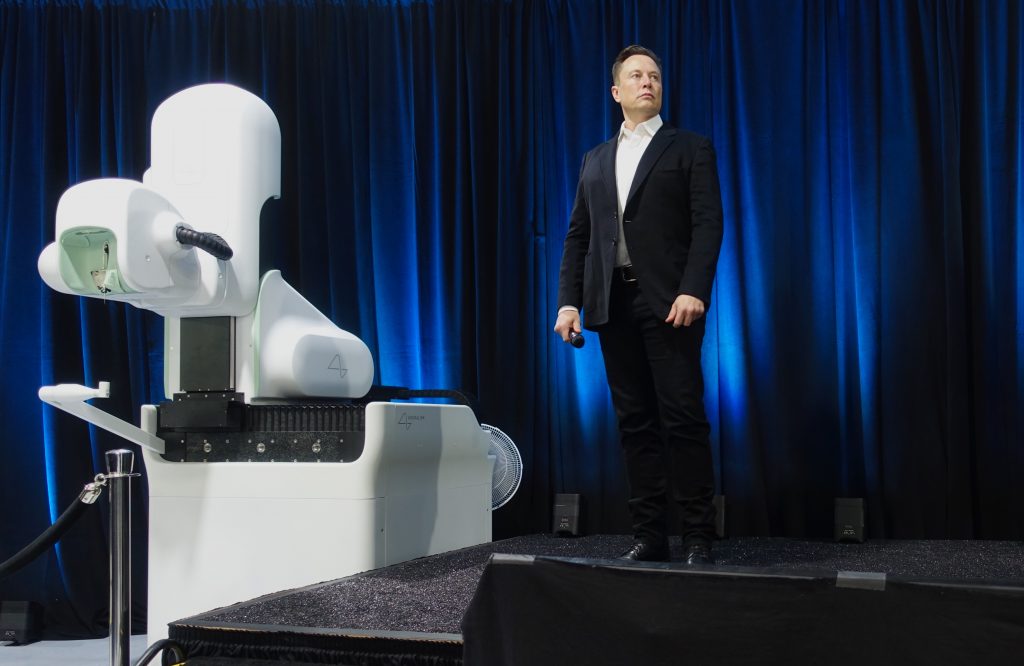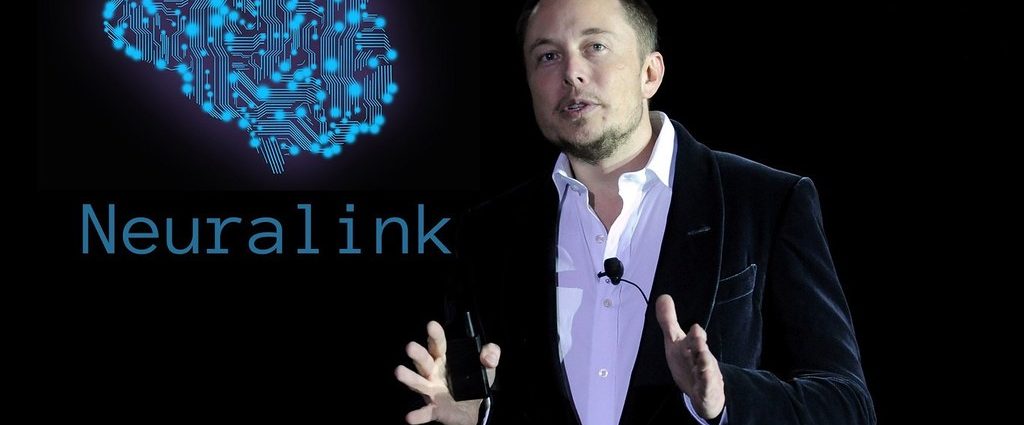Billionaire tycoon Elon Musk has once again hoarded the world’s attention with his new invention: Neuralink. This ambitious project consists of a coin-sized computer chip that will be surgically implanted into the human brain, allowing humans to communicate with machines and even control them.
From helping people who suffer from anxiety, to providing aid to the paralysed, this tiny device sounds almost magical. According to Musk, the team believes that it will be able to introduce the technology to the market by the end of 2020. Even though human trials have yet to start, this technology has been successfully tested on a pig named Gertrude.

The health benefits Neuralink promises to its users are numerous and impressive. Neuralink is supposed to be able to control hormone levels, which would potentially help with anxiety. It would allow those suffering from paralysis to control devices just by thinking, which would help those with other brain disorders too. Elon Musk also claims that it will help with insomnia and depression, among other illnesses.
Musk has also stated that Neuralink would not just be an aid for those with health problems. It is meant to be an enhancement to the human brain, marketed as being useful for everyone. It intends to be a computer inside someone’s head, even allowing music to be streamed directly into the brain. Elon Musk has claimed that the device will also allow users to hear sounds which are typically inaudible to the human ear.
“What is pretty revolutionary is Neuralink’s ambition to introduce the product into the mass market.”
As exciting and groundbreaking as Neuralink appears to be, it seems as though Elon Musk has just discovered basic neuroscience. First proposed in the 1970s, brain-machine interfaces (BMIs) have already been around for several years. Doctors have been implanting chips into people’s brains for some time now, with the objective of helping with the likes of Parkinson’s disease and serious head injuries. “Neuralink is neuroscience theatre”, concluded MIT Technology Review.
What is pretty revolutionary is Neuralink’s ambition to introduce the product into the mass market. While brain implants were previously reserved for patients who needed them exclusively for medical use, anyone would be able to access this new technology. This does sound impressive, but with it comes serious concern.
“Will we, in our narcissistic attempts to better ourselves, continue to include advanced technology in our bodies until we become some kind of humanoid species”
For starters, if human trials are successful and Neuralink becomes available on the public market, it will undoubtedly be expensive. This would benefit the wealthy who could afford it, but would leave those without access to the device at a serious disadvantage. This inequality would be reflected in all aspects of people’s lives; from access to education, to finding quality jobs and performance in the workplace, with it even affecting health issues – those who are not able to afford the technology would be deprived of benefits across the board.
From a more philosophical perspective this also raises serious questions: do technological advances like this ever stop? Will we, in our narcissistic attempts to better ourselves, continue to include advanced technology in our bodies until we become some kind of humanoid species entirely dependent on machines to survive? Of course, there is no clear answer yet.
What is safe to say, however, is that Elon Musk’s new invention – if successful – will seriously impact the way in which we think about technology, the human body, and ourselves. Neuralink may not be particularly groundbreaking in the scientific world, but only time will tell how groundbreaking it is for society as a whole.
Featured image courtesy of ApolitikNow via Flickr. All Creative Commons license. No changes were made to this image.

